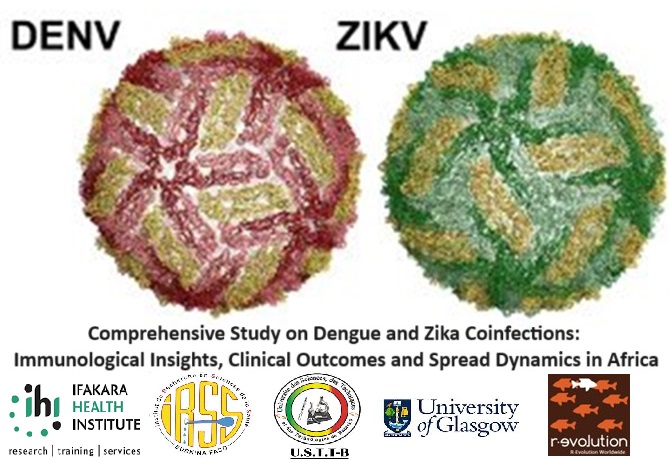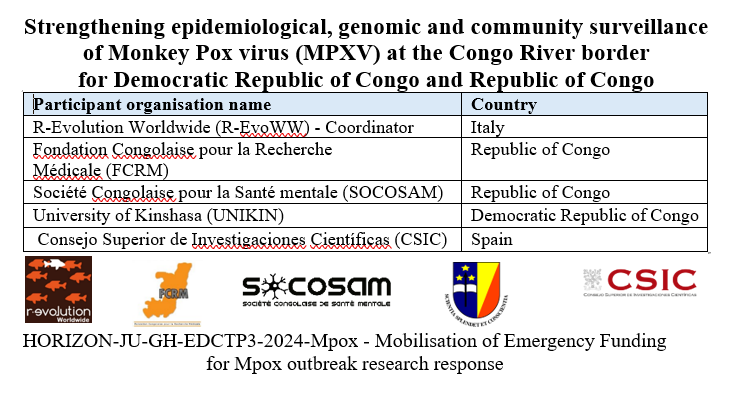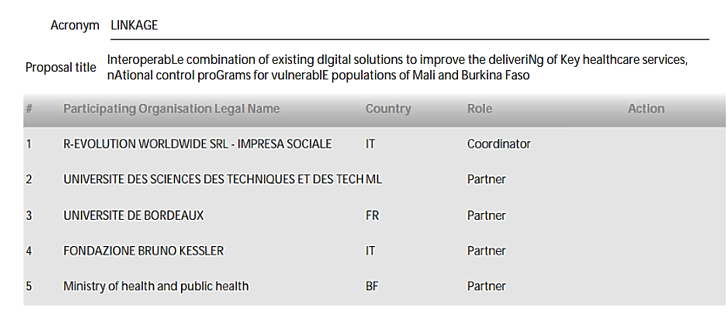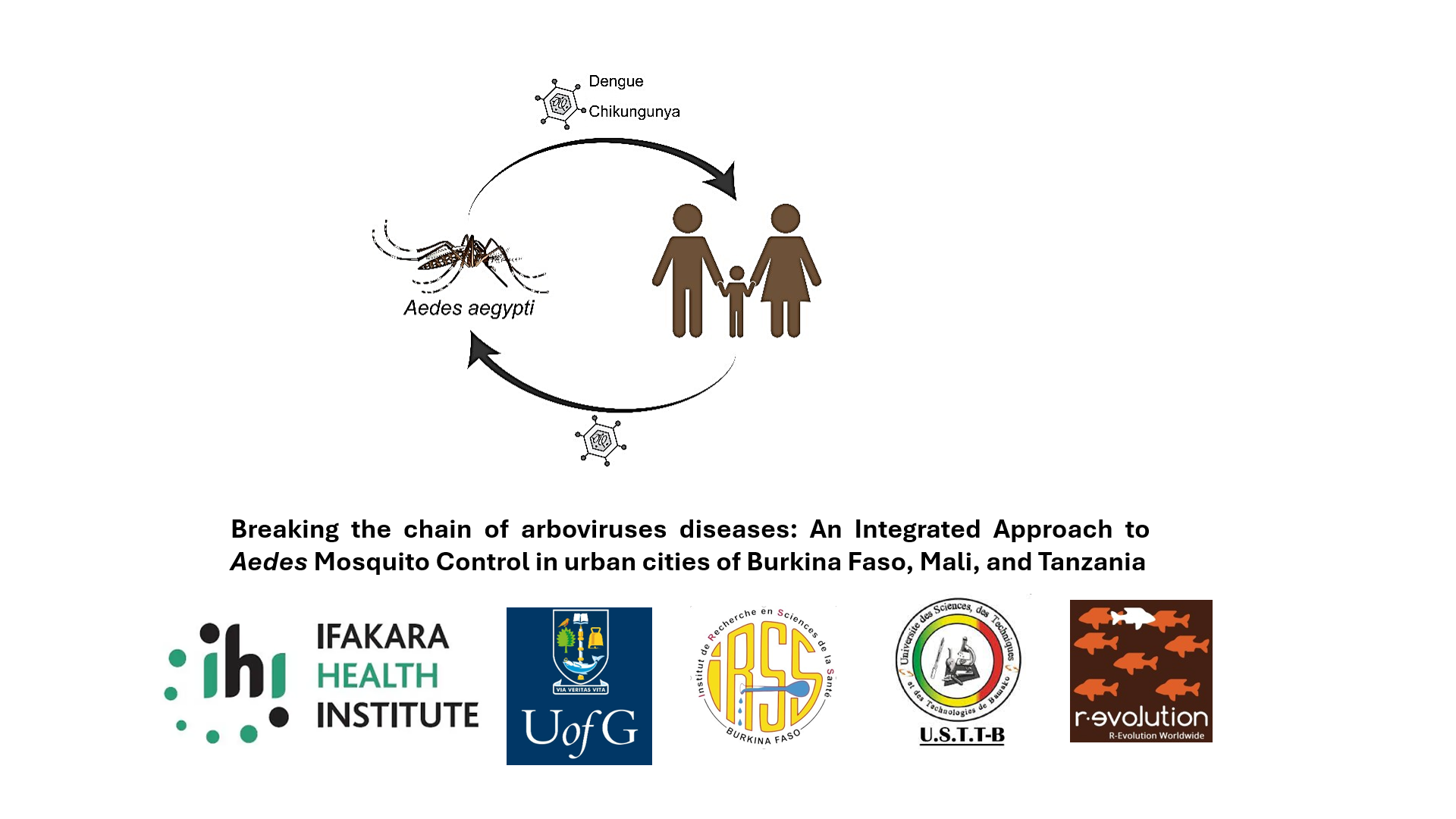Posts
NeuroSolve project obtained the Clinical Trial Ethical Approval in Zambia too!
After receiving the ethical approval in Tanzania, NeuroSolve obtained the ethical clearance in Zambia too. The ethical clearance certificate will allow to conduct medical research on Neurocysticercosis also in Zambia.
African and European multidisciplinary researchers established an integrated consortium to develop a research project on the dengue and Zika viruses affecting Africa and the world

Dengue and Zika viruses are arboviruses primarily transmitted by Aedes mosquitoes. Dengue and Zika infectious disease frequently erupt in tropical and subtropical regions. Globalization coupled with climate change, significantly expedites their worldwide
A multidisciplinary consortium of African and European researchers responded to the urgent call from the European Union by developing a research project on the current Monkeypox outbreak in central Africa.

The spread of Mpox virus (MPXV) in Sub-Saharan Africa, specifically Democratic Republic of Congo (DRC) and Republic of Congo (RoC) presents an urgent public health concern with global implications. MPXV cases
HORIZON-JU-GH-EDCTP3-2024-01-06-two-stage Call successful submission

A consortium composed by University of Sciences, Technologies and Techniques of Bamako (USTTB, Mali), Ministry of Health of Burkina Faso, University of Bordeaux (France), and Fondazione Bruno Kessler (FBK, Italy)
R-Evolution Worldwide as part of a multidisciplinary team of African and European researchers developed the VectorEnd project.

The increasing urbanization in Africa, paralleled by inadequate environmental sanitation, significantly contributes to the proliferation of Aedes mosquitoes, which transmit many arboviruses, including dengue virus (DENV) and Chikungunya virus (CHIKV). In
INTEGRATION Annual Project Meeting Y3
The INTEGRATION consortium held its annual meeting of the third year of the project on 21st and 22nd March 2024 in Paris. The INTEGRATION project involves the University of Sciences, Techniques
NeuroSolve Project Kick-off Meeting in Lusaka, Zambia
The NeuroSolve consortium held its Project Kick-off Meeting on the 4th December 2023 in Lusaka (Zambia). NeuroSolve is a four-year project funded by EDCTP3, lead by an African-European research consortium
Third International Conference on Public Health in Africa
The third edition of CPHIA was hosted by the Zambian Ministry of Health and took place from 27th to 30th November 2023 at Mulungushi International Conference Center in Lusaka, Zambia. The topic
Eleventh EDCTP Forum
R-evoWW took part to the Eleventh EDCTP Forum in the Palais des Congrès de Paris in Paris (France) from 7th to 10th November 2023. This Forum marked EDCTP’s 20th Anniversary and the